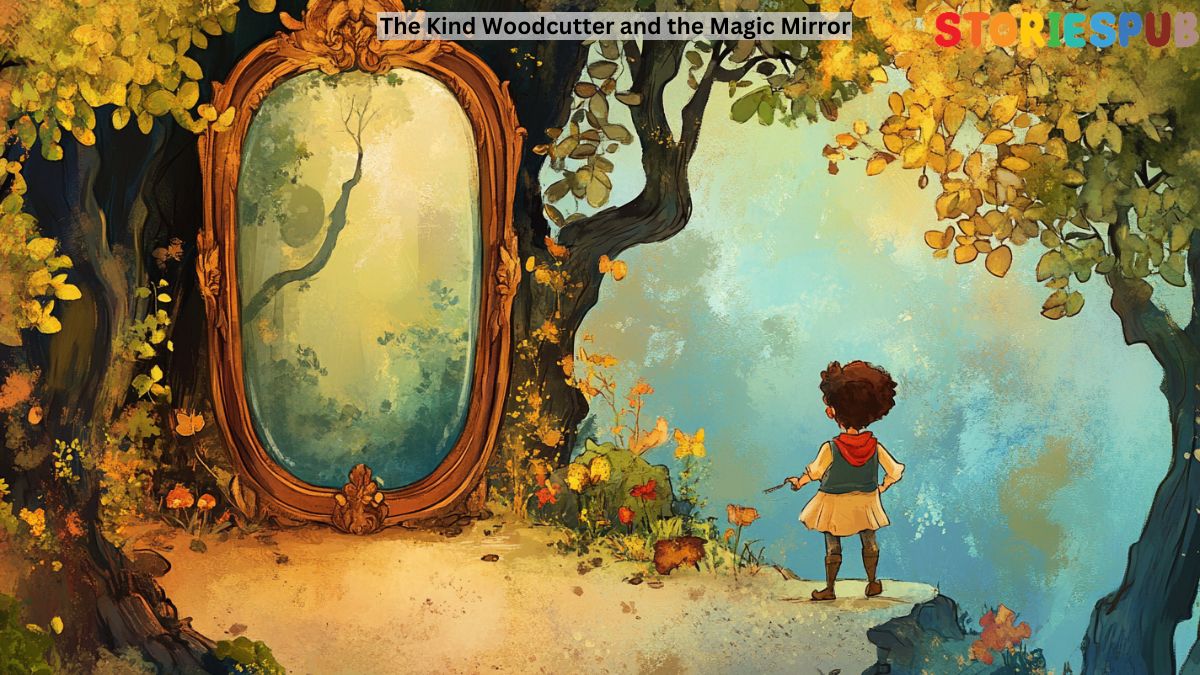
Red Cliff Battle: The Defining Moment in Chinese History
Red Cliff Battle: Turning Point in Chinese History The Battle of Red Cliff, also known as the Battle of Chibi, was a crucial military engagement that took place in the winter of 208-209 AD during the end of the Han Dynasty and the beginning of the Three Kingdoms period in China. The battle occurred near the Red Cliffs along the Yangtze River in present-day Hubei Province. This epic confrontation saw a smaller alliance of forces from the Eastern Wu, led by Sun Quan, and the Shu Han, led by Liu Bei, face off against the numerically superior forces of Cao Cao, the powerful warlord who sought to control the whole of China. Through a combination of strategic cunning, skilled naval warfare, and the exploitation of Cao Cao’s weaknesses, the allied forces were able to secure a decisive victory. The Battle of Red Cliff is significant because it marked a turning





















